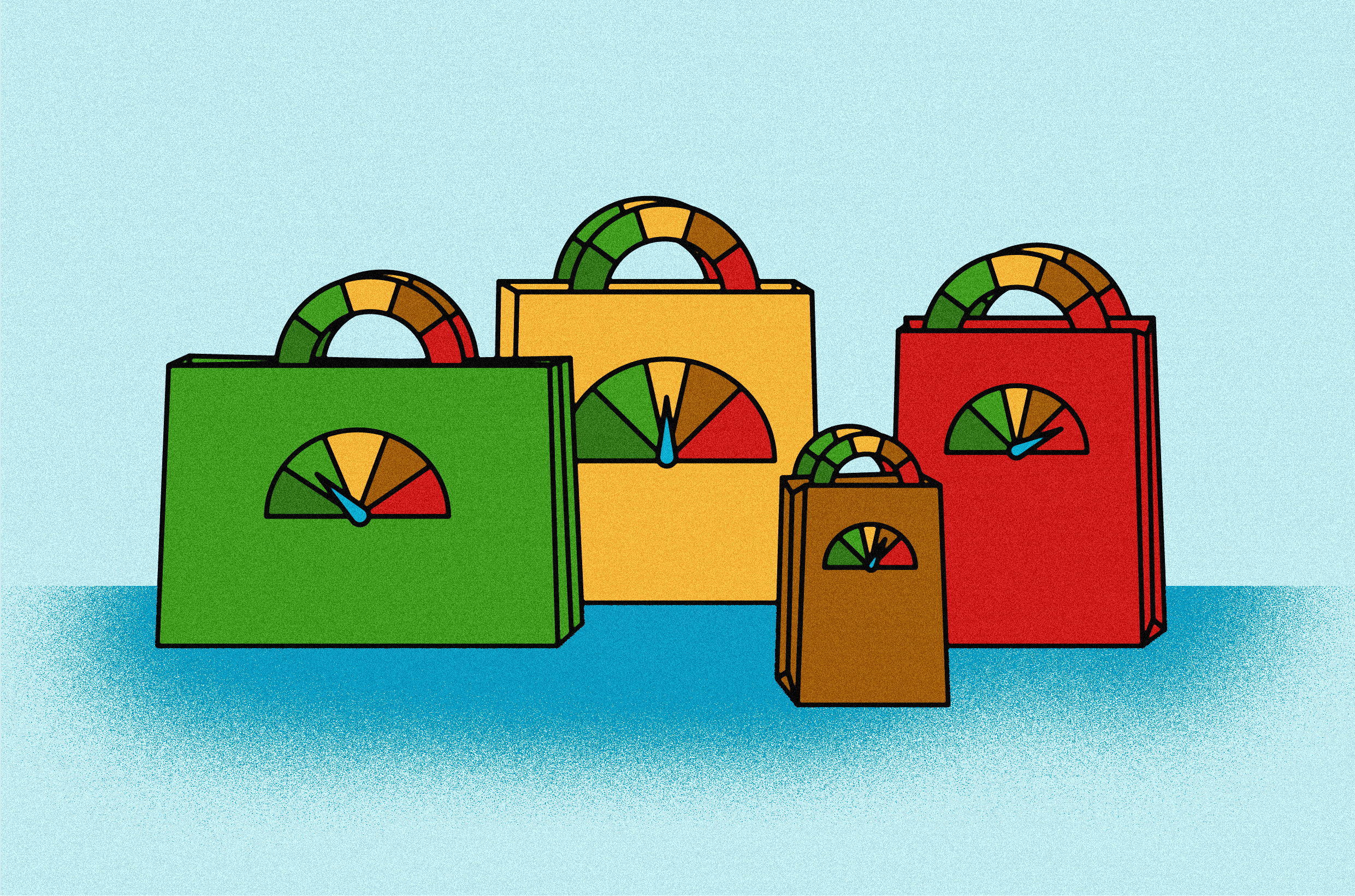Credit Scores Get a BNPL Boost – Here's What It Means

Understanding the Changes to FICO Credit Scores
The way your credit score is calculated may soon change, as the Fair Isaac Corporation (FICO) has introduced a new version of its scoring algorithms. This update includes data from buy-now-pay-later (BNPL) loans, reflecting a growing trend among consumers who use these services for essential purchases like groceries.
Recent research from the Federal Reserve Board indicates that 14% of adults in fall 2023 had used BNPL loans at least once in the past year, up from 10% two years earlier. These loans are particularly popular among individuals with limited access to traditional credit options. Another survey by the New York Federal Reserve found that one in five households reported using BNPL services in 2023.
The Appeal of BNPL Loans
BNPL loans offer convenience and flexibility, allowing consumers to make purchases without immediate payment. They typically involve dividing payments into four installments, with no interest charged if all payments are made on time. Instead, lenders earn revenue through fees paid by retailers. This model has attracted many users who prefer not to carry credit card debt or take out larger loans.
However, BNPL lending has faced criticism for potentially encouraging excessive debt accumulation. Supporters of FICO's update argue that including BNPL data can help consumers build a credit history, especially those who haven't used traditional credit products before.
How FICO Scores Work
FICO scores are determined by several factors, including:
- Amount of debt owed: 30%
- Timely payment of debt: 35%
- Length of credit history, credit mix, and new credit lines: Remaining percentage
These scores are compiled by the three major credit bureaus—Experian, Equifax, and TransUnion—and used by lenders to assess creditworthiness. In 2020, FICO introduced a new model that tracks balance activity over two years, which will now include BNPL data.
This update aims to address what experts call "phantom debt"—unreported liabilities that can mislead lenders about a consumer’s financial health. By incorporating BNPL data, lenders can better evaluate a borrower's ability to repay.
Will Lenders Adopt the New FICO Scores?
While many lenders use FICO models, the adoption of the latest version may be slow. Experts note that upgrading to new scoring systems requires time, resources, and training. For example, Fannie Mae and Freddie Mac had planned to switch to FICO 10 this year but have delayed the move.
Consumers should also be aware that multiple credit scores exist, with different models used for various industries. FICO is not the only provider; VantageScore also offers credit scoring algorithms.
What Does This Mean for Your Credit Score?
The impact on individual credit scores remains uncertain. The new FICO version won’t be available until fall, and it depends on whether BNPL companies report their data to the three major credit bureaus. Additionally, lenders must decide whether it's worth the cost to adopt the new model.
Some BNPL providers, like Affirm and Klarna, already report data to credit bureaus, while others, such as Afterpay, have expressed hesitation until more evidence shows that BNPL data doesn’t negatively affect credit scores.
Tips to Protect Your Credit Score
To avoid any negative impact, consumers should follow standard credit management practices, such as making timely payments and keeping balances low. Overreliance on BNPL loans can lead to financial strain, as noted by the Federal Reserve Board, which warns that BNPL use can increase overdraft fees and credit card charges.
If you're struggling with debt, consider consulting a credit counselor through organizations like the National Foundation for Credit Counseling. Regularly checking your credit reports can also help identify inaccuracies.
For those who don't use BNPL loans, the impact of this change should be minimal. Credit mix accounts for only 10% of your overall score, so whether or not you use BNPL loans won't significantly affect your credit rating. As one expert noted, there are no negative repercussions for not having this type of transaction on your credit file.
Post a Comment for "Credit Scores Get a BNPL Boost – Here's What It Means"
Post a Comment